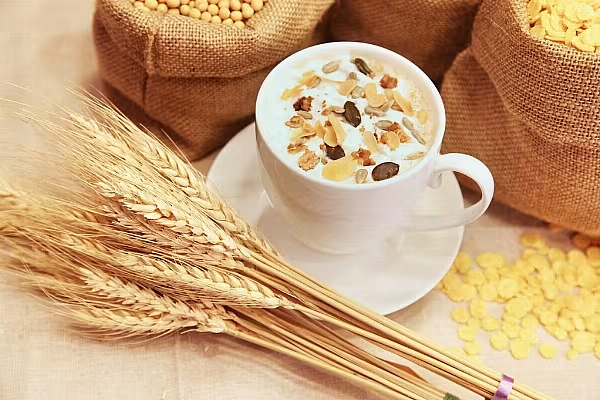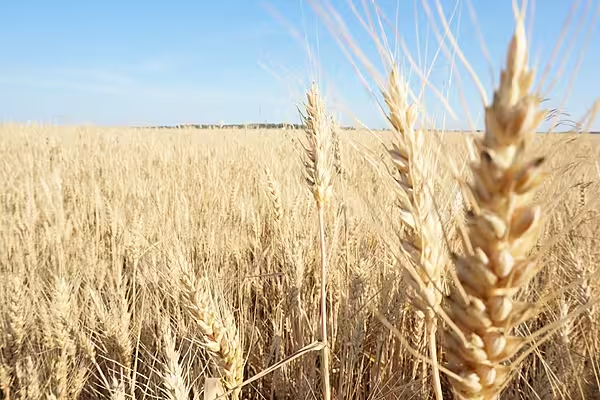Keeping agricultural markets and trade flows open will be essential in ensuring food security in the future, according to a report by the World Resources Institute.
The report outlines seven actions policymakers can take for the near- and long-term to ensure food security while curbing climate change.
Russia’s invasion of Ukraine will impact global food systems and can push millions of people at risk of hunger.
Russia and Ukraine together produce about 12% of all food calories traded globally and account for 29% of global wheat exports, 19% of maize exports and 78% of sunflower oil exports, the report noted.
Amidst this backdrop, trade barriers and export restrictions will affect everyone, the report said, citing the example of the 2007/8 food crisis when export bans enacted by countries to protect their local food supplies led to price shocks.
Measures To Ensure Food Security
Other measures outlined in the report include relaxing or eliminating biofuel mandates, boosting efforts to reduce food waste, sustainably closing crop yield gaps, and shifting to more sustainable diets.
It also highlighted the need to align agriculture subsidies with crops that are directly consumed by people and support the UN World Food Programme’s hunger-relief efforts to address acute food crises in vulnerable regions.
The report noted that reducing grain used for ethanol production (transportation fuel) in the United States and Europe by 50% this year would compensate for all the lost exports of Ukrainian wheat, corn, barley and rye.
In the short term, these grains are required to alleviate food shortages.
Read More: Ukraine War Food Price Spikes May Push 40m Into Extreme Poverty
At a global level, one-third of all food is lost or wasted between the farm and fork. Reducing this loss means increasing the amount of food available to consumers, the report noted.
Boosting crop yields on existing land is important for smallholder farmers in low-income countries, as it reduces food insecurity and alleviates the need to clear forests and other ecosystems to make way for farms.
Shifting to plant-based diets has the potential to free up land for agriculture as one-third of global cropland is currently used to feed livestock.
© 2022 European Supermarket Magazine – your source for the latest supply chain news. Article by Dayeeta Das. Click subscribe to sign up to ESM: European Supermarket Magazine.














